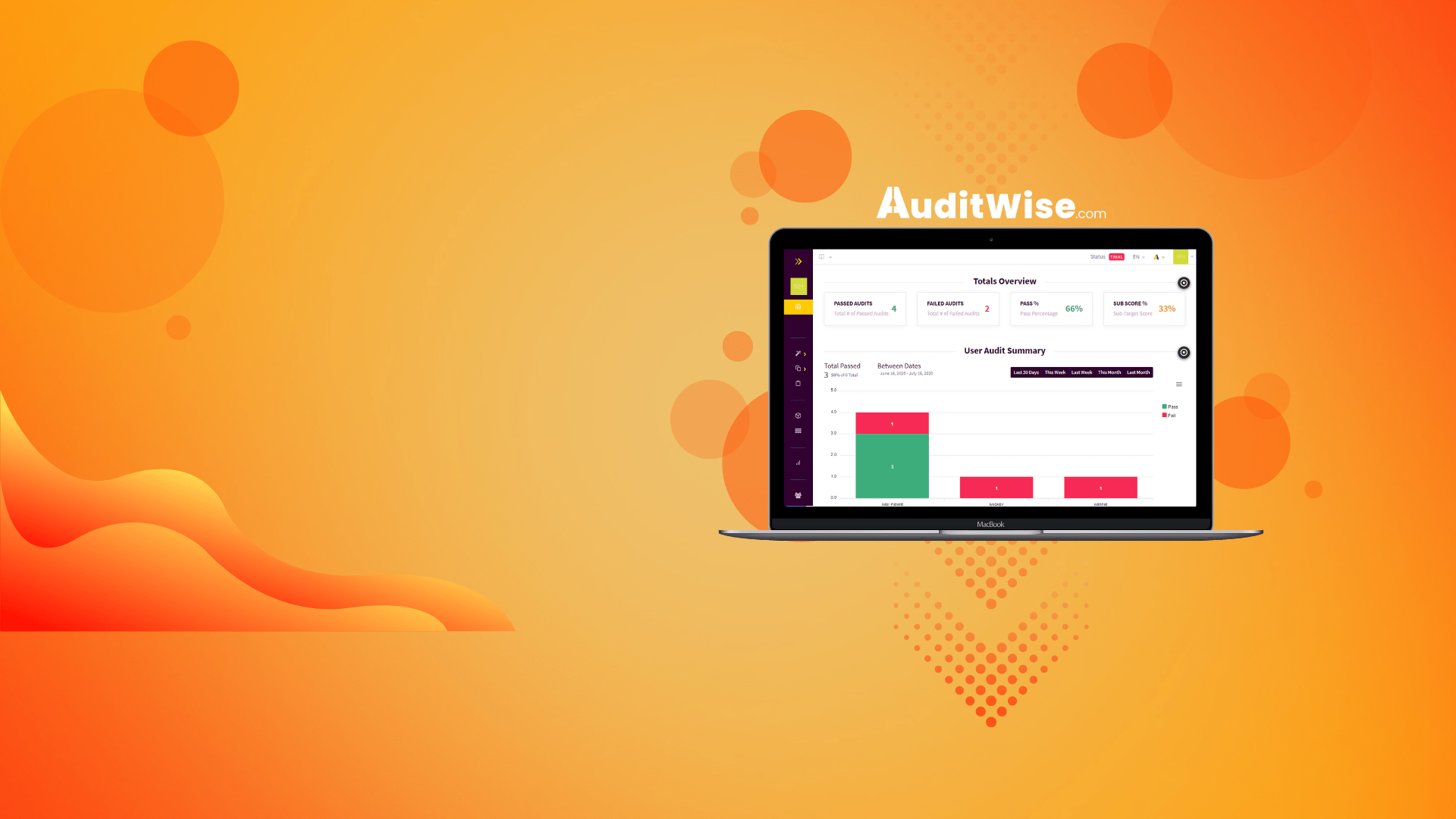The most effective way to achieve a common understanding of the quality monitoring process is to ensure that regular calibrations of audits and scores are completed. This is the only way to guarantee consistent and accurate assessments of agent performance and customer interactions. Here are a few key reasons why calibration in so important:
Standardisation: Typically, a business will have multiple quality analysts / auditors who evaluate customer and agent interactions independently. Calibration brings these auditors together to establish a common understanding and interpretation of quality criteria and auditing standards thus minimising subjective variations in scoring and feedback.
Agent Engagement: Through regular calibration sessions, agents will naturally trust the quality monitoring process, especially if they are involved in the sessions. Not only will this provide confidence in the process and the associated audits, but they are also more likely to strive for better results having participated in identifying what good looks like.
Training & Development: Calibration sessions provide an opportunity for knowledge sharing and professional development among auditors. They can exchange insights, best practices and different perspectives on quality evaluations. By learning from each other, auditors can enhance their skills and knowledge, leading to reduced subjectivity and more effective coaching of agents.
Performance Improvement: Calibration plays a vital role in driving agent performance improvement. When auditors are calibrated, agents receive consistent and accurate feedback, enabling targeted coaching and training. Not only that, calibration also ensures that performance evaluations are reliable and actionable, which not only drives agent performance up but also leads to enhanced customer experiences.
Data Integrity: Reliable data is key for any business when identifying trends and patterns from customer interactions. Calibration enhances the integrity of quality monitoring data, ensuring that the data collected and analysed accurately reflects agent performance and customer interactions resulting in accurate data-driven decisions and ultimately a positive impact for the business. Calibration safeguards against scoring bias and inconsistencies that could lead to incorrect conclusions or ineffective decision making.
In summary, calibration within the quality monitoring process in all business is crucial for establishing consistency and reliability in evaluating agent performance. It enables effective training and development, promotes performance improvements, and ensures data integrity for informed decision-making and the delivery of superior customer experiences.

